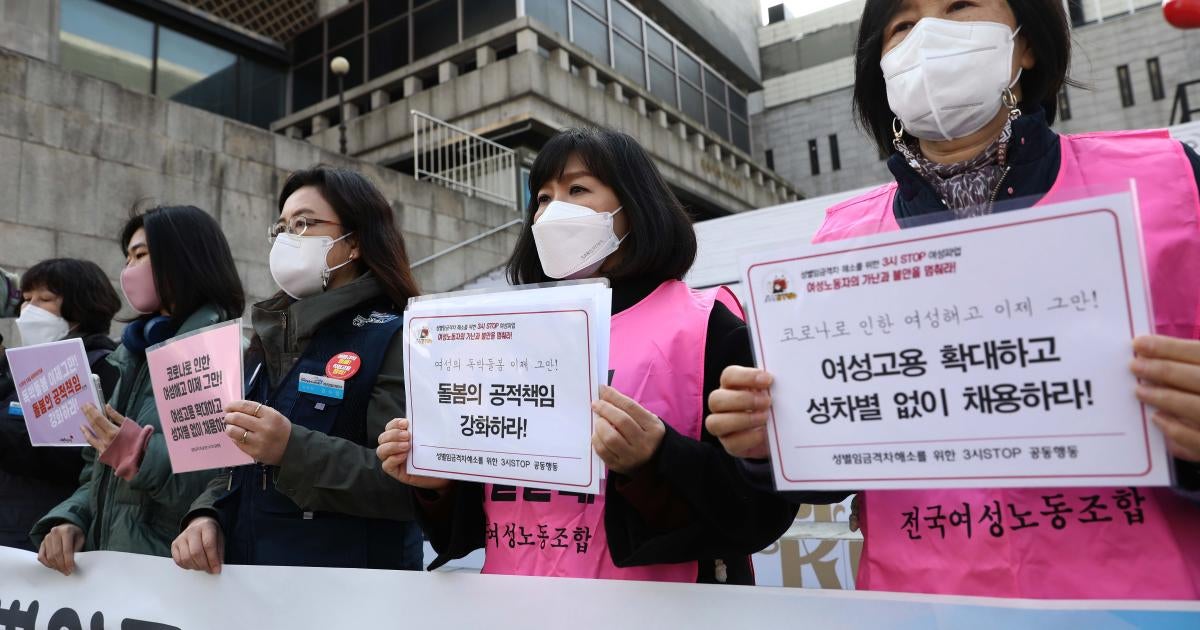Concerns Rise Over New Labor Law Amendments in South Korea

On March 23, participants rallied at a press conference in front of the National Assembly in Yeouido, Seoul, advocating for amendments to Articles 2 and 3 of the Labor Union Act. The proposed changes, known as the Yellow Envelope Law, have sparked significant debate within the ruling Democratic Party and labor unions.
A group of 43 lawmakers, including Lee Yong-woo from the Democratic Party, introduced a revised version of the Yellow Envelope Law on June 23, which significantly escalates the stakes compared to previous proposals. The amendments aim to expand the definition of employers, broaden the scope of disputes, and restrict claims for damages against labor unions. This intensification has raised alarms within both the ruling party and the Korean Confederation of Trade Unions (KCTU), leading to calls for a general strike reminiscent of the 2003 cargo union strike that weakened the government’s authority.
The Yellow Envelope Law is often characterized as a measure that prohibits damage claims against workers engaged in disputes. It also facilitates direct negotiations between subcontractor employees and primary contractors. However, the implications of the law are more complex. Notably, the revised bill removes the term 'determination' regarding labor conditions, allowing disputes over previously agreed-upon conditions, thereby potentially undermining established agreements. Legal experts warn that this could broaden the justification for labor disputes, extending beyond wage negotiations to include previously settled working conditions.
The law's origins lie in the unique dynamics of the South Korean labor market, where the legal complexities surrounding the dismissal of regular employees have led companies to favor subcontracting over direct hiring. This has resulted in widespread 'disguised subcontracting' practices, which are illegal but prevalent, leaving subcontractor workers feeling powerless in negotiations with primary contractors. The KCTU has thus pushed for legal changes to expand the definition of employers to include primary contractors.
One of the law's key provisions is to prevent companies from holding unions liable for damages. However, recent court rulings have already established that companies can only seek damages from individual union members rather than the union as a whole. This legal precedent has opened a pathway for unions to engage in disputes without the fear of collective liability.
Critics argue that the Yellow Envelope Law could legitimize illegal strikes and disrupt the balance of power between employers and employees. The law's passage would require companies to individually prove the actions of workers during disputes, complicating the process of seeking damages for illegal strikes. Business leaders express concern that this could lead to a de facto immunity for unions engaging in unlawful activities, potentially resulting in a rise in illegal strikes.
The revised amendments have raised the stakes further, with new provisions suggesting that anyone organizing or joining a union is presumed to be a worker, thus broadening the definition of workers beyond contractual agreements. The concept of 'employers' has also been expanded to include any entity that exerts control over labor conditions, which could lead to primary contractors being held accountable for disputes involving subcontractors.
The business community has voiced significant concerns regarding the expanded definition of employers, fearing that large corporations may be held responsible for all labor issues arising within their subcontractors. This could lead to increased burdens on businesses, particularly small and medium-sized enterprises that are often linked to larger corporations.
As the government deliberates on the amendments, there is a growing sentiment that the law will eventually pass, despite the ongoing debates and concerns from both labor and business sectors. Experts emphasize the need for careful consideration and a balanced approach to labor relations, advocating for a legislative process that addresses the needs of both workers and employers.
What do you think?
0 reactions





